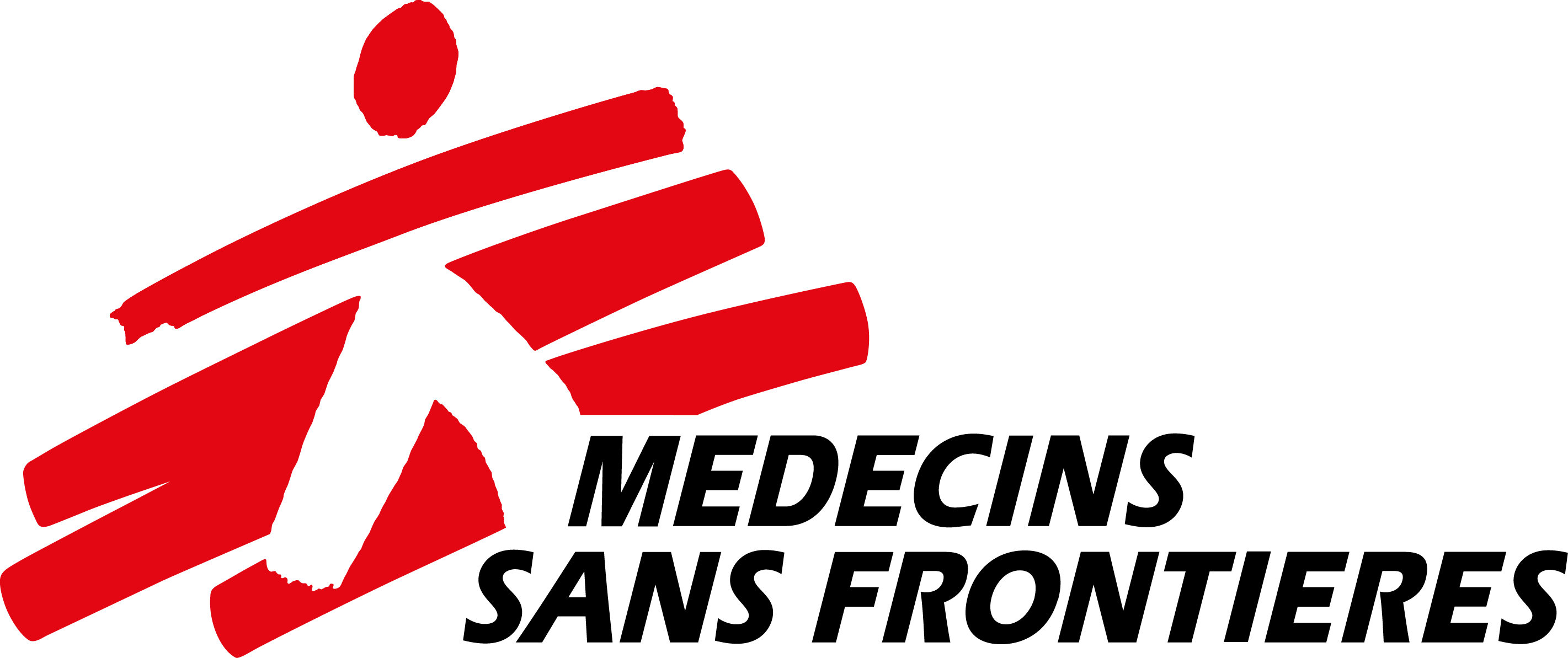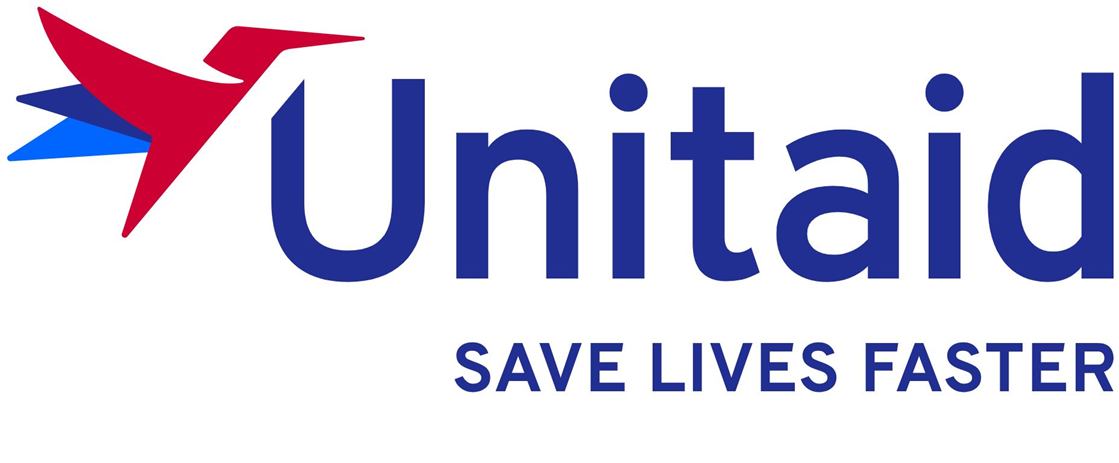Itumeleng Nkhabu, a 48-year-old widow, contracted tuberculosis (TB) in 2003. Then again in 2011. That was not the last time she got sick.
In 2018, she was diagnosed with multidrug-resistant tuberculosis (MDR-TB), a severe form of the respiratory disease.
She soon began standard TB treatment, which typically includes up to two years of daily injections with a long list of side effects including acute psychosis and permanent deafness. The treatment is costly and often ineffective.
But there was more effective treatment on the horizon.
A few days later Nkhabu was admitted to Partners In Health (PIH)-supported Botšabelo Hospital in Maseru, Lesotho—the country’s only hospital for people with MDR-TB. About three weeks later, she enrolled in the endTB study.
endTB: a novel approach
The goal of Expanding New Drug Market for Tuberculosis (endTB) is to improve treatment for patients with the deadly disease. UNITAID funds the collaborative effort, which is a partnership among PIH, Médecins Sans Frontières (Doctors Without Borders), and Interactive Research and Development.
Nkhabu is one of 81 patients who enrolled in the endTB study in Lesotho since 2018. Hundreds of additional patients are enrolled in 17 countries, including Kazakhstan and Peru—where PIH works.
While on the standard treatment plan, Nkhabu recalls taking 27 pills per day. In the endTB trial, she takes fewer pills with less side effects. She continued treatment for a year and 10 months.
Medication wasn’t the only form of support Nkhabu received.
Providing support beyond medical care is a key component of PIH’s work. It’s called “social support” and includes essentials such as food, housing, and transportation.
Upon being discharged from the hospital, Nkhabu continued with monthly check-ups. PIH provided free transportation to and from the hospital because she was too sick to drive herself. In between check-ups, nurses regularly visited Nkahbu at her home and provided food to take with her medications. Nurses would call her too.
“When I would receive a call, it gave me hope to continue to push and work together with the hospital staff to get well,” says Nkhabu. “They believed that I could recover even when I had no hope.”
Nkhabu recovered and is now leading a happy, healthy life again.
Ts’eliso Pakeng, a 36-year-old patient co-infected with HIV and TB, is another one of the many patients who received TB care and social support. For several years, Pakeng was in and out of various hospitals. In 2021 he was admitted to Botšabelo Hospital and finally began to show signs of improvement.
He says the hospital staff and social support played a vital role in his speedy recovery.
“Although my family supports me with a lot of things, they would have struggled to feed me,” says Pakeng. “I am very grateful…for the food. I do not know what I would have done without [it].”
Pakeng, who is enrolled in the endTB study, no longer relies on medication and has recovered from TB.
Since the introduction of oral medicines—namely bedaquiline and delamanid—TB treatment has greatly improved for many patients. endTB is leading the way in finding new treatment regimens. As the effort expands access and exposes demand, more patients will hopefully find relief from the disease in the coming years.
“When patients are valued, respected, and [heard], the results become outstanding,” says Dr. Kunda Kwabisha Mikanda, DR -TB senior medical officer and site principal clinical investigator, who oversees endTB work in Lesotho.
Originally published on Partners In Health website




